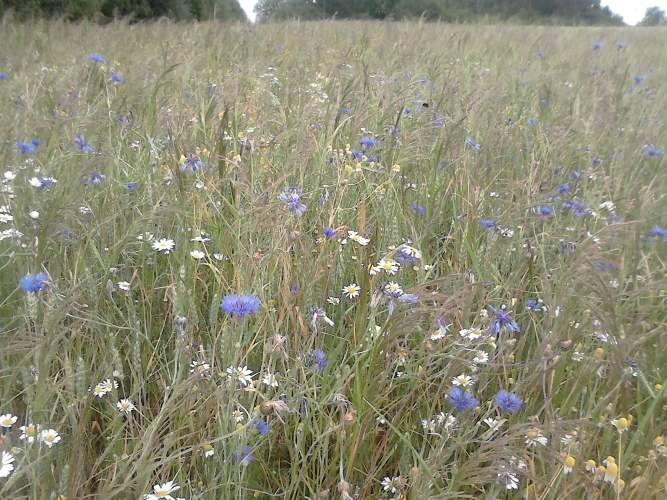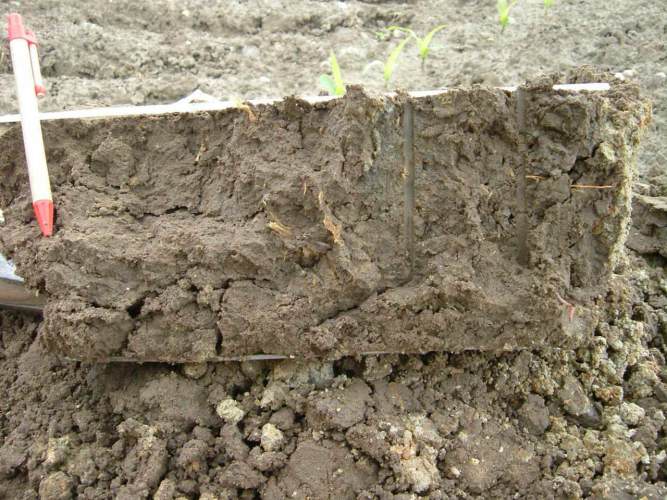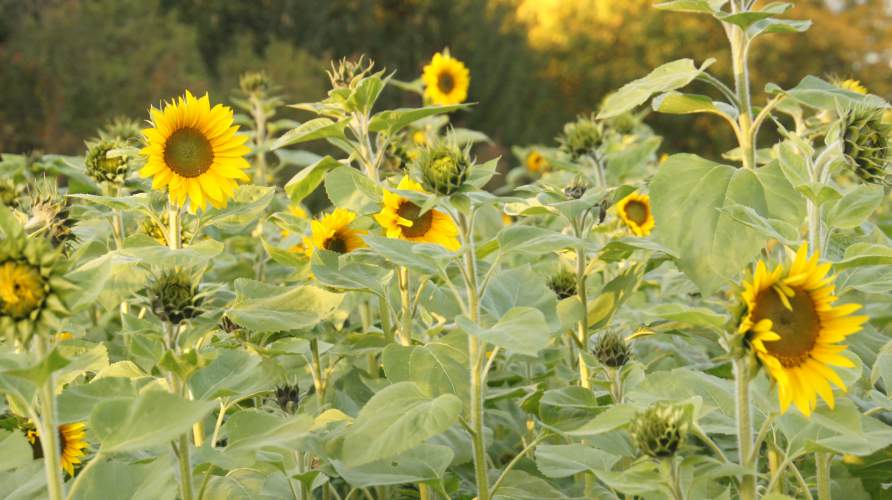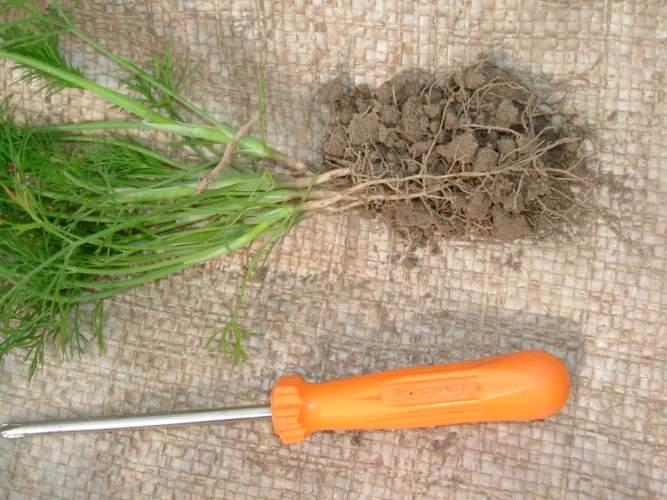Biodiversity & Soil Management
With increasing mechanisation, our soils have to withstand ever higher pressure loads. Driving over the soil with increasingly heavy farming equipment compacts the soil. Market-based deadlines also lead to the fact that the field is also driven over under unfavourable structural conditions.
However, the causes for the increasing soil compaction of agriculturally used land are not only technical. In many cases, a reduced soil life (especially microbiology) due to the lack of organic matter is the reason for the soil’s poor ability to build up a balanced pore system.
The SOILSERVICE project has investigated the effects of intensive agricultural use on soil ecosystem services across Europe. The results of the project show that intensive agriculture leads to a loss of soil biodiversity. Tight crop rotations, intensive fertilization and high pesticide use, as well as the absence of organic matter, which is the basis of life for soil organisms, lead to a deterioration of soil biodiversity and humus loss.
Soil biodiversity is still a blind spot in ecosystem research. But the services that soil biodiversity provides for us go far beyond securing yields. They also include pollutant degradation, water storage and purification, and flood protection. As a result of intensification of agriculture, however, the ecological functions of soils have been severely disrupted.
It is important to include soil biodiversity in preventing the progressive extinction of species. This cannot be done with technical solutions such as “precision agriculture”. Because less of the wrong thing is far from good for the soil.
Agroforestry systems also contribute to the build-up of humus down to deep soil layers, Keyline Design creates water retention.
Offer: Store more water in the soil – with biopores – lecture or seminar
Offer: Create sponge landscapes – lecture or seminar
Offer: Store more water in the soil – with biopores – lecture or seminar.
Offer: Create sponge landscapes – lecture or seminar.
Offer: Soil management with biodiversity – restorative agriculture – lecture or seminar.
Offer: Organic farming, agroecology, regenerative agriculture – what’s the difference? – Lecture or seminar
Selection of publications relating to the topic:
Beste, A. (2024): Germany: To Reduce Pesticides, Start with Nutrient Management
Beste, A. (2022): GREENWASHING & HIGH TECH – Faking it: (un-)sustainable solutions for agriculture.
Beste, A. (2022): Keynote lecture ‘On the state of soils in Europe’s agriculture’.
Beste, A. (2021): Agroforestry and CAP – all Talk, no Trees.
Beste, A. (2019): Comparing Organic, Agroecological and Regenerative Farming.
Beste, A. (2018): SoilMatters …. On humus, soil structures & the limits of no-till. On ARC2020
Further publications can be found here.



